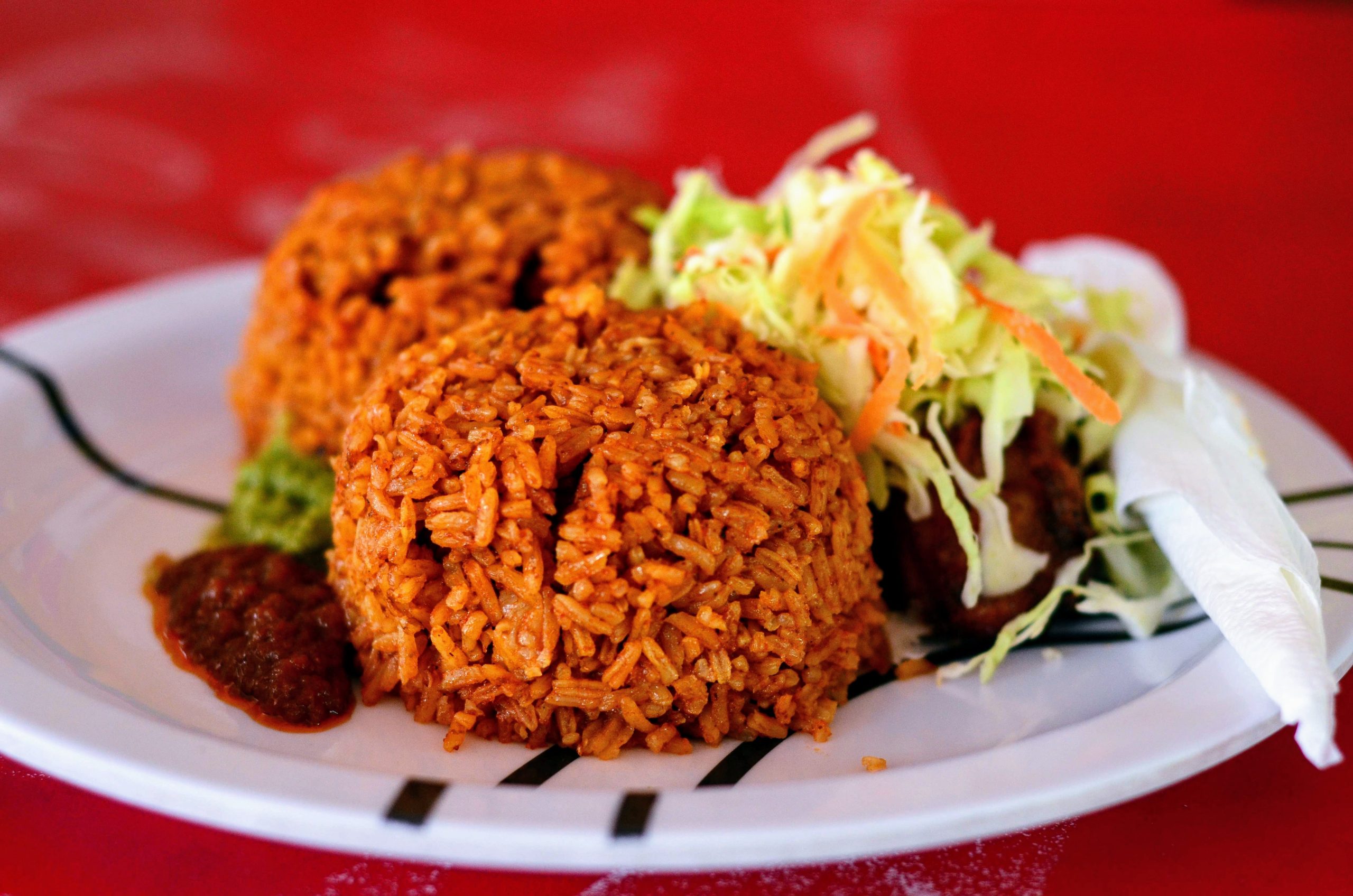Nigerian cuisine is a vibrant tapestry of flavors and traditions. But can you register a recipe or a traditional dish like Jollof rice under the Intellectual Property Laws in Nigeria? This unique post explores the fascinating intersection of food and intellectual property law in Nigeria.
Traditional dishes according to different food brands and outlets have a uniqueness in taste, flavour, and combination of ingredients that allows their consumers to ascribe a feeling of satisfaction with a particular brand or the satisfaction of craving from a particular cuisine outlet.
From the native Amala and Ewedu to Edikaikong and Banga soup, the recipes utilized by the food vendors ought to be protected and given utmost attention to prevent third-party infringement.
Registrability of Recipes:
The use of recipes as earlier mentioned speaks to the different blends of ingredients, seasoning effects, procedures, expertise, and combinations which can form the intellectual property right of the author known as “Trade Secret”.According to Article 39 of the Trade-Related Aspects of Intellectual Property Rights (TRIPS), trade secrets are classified as undisclosed information that needs protection as long as the following conditions are met:
- Such information has commercial value and gives its rightful owner a competitive advantage and economic benefit;
- It’s not known to the public, and reasonable efforts have been made by the rightful owner to ensure the protection of this information through confidentiality and nondisclosure clauses or agreements.
To the above end, natural and legal persons shall have the possibility of preventing information lawfully within their control from being disclosed to, acquired by, or used by others without their consent in a manner contrary to honest commercial practices so long as such information constitutes a trade secret.
This protection as outlined by TRIPs also covers information that has been kept secret (undisclosed information) such as know-how and trade secrets, as well as information submitted to governments or governmental agencies.
Legal Distinction between Recipes and Ideas
It is worth noting that until an idea is translated into a complete recipe which in turn is used for making the dish, such an idea is not yet registrable as a trade secret. Hence, the ability to transfer the idea into a recipe is what the law seeks to protect.
The protection of the unique flavour combinations and all related know-how should be compiled into a Non-Disclosure Agreement (NDA) whenever a third party is to be engaged by the food vendor.
This Agreement is sacrosanct to the effect that any terms and conditions stated therein are binding on parties and violation of those terms may be designed in a way that the violating party faces dire consequences by way of damages or other monetary relief(s) or even still, an arbitral award.
CONTENT OF A NON-DISCLOSURE AGREEMENT APPLICABLE TO THE TRADE SECRET
Where it is most unavoidable to adopt an NDA with a third party is where the food vendor is desirous of starting up a franchise in another climate or having subsidiaries/outlets who utilize their mode of operation and their recipe in running the new outlet/subsidiary.
The salient parts of the Agreement must ensure the protection of the food vendor by inserting clauses such as confidentiality, indemnity, conflict resolution mechanism, governing laws, etc into the major part of the draft. In addition, parties are to be guided by the operative terms of the Agreement wherein the role of both stakeholders is streamlined and well elaborated to erase all forms of ambiguity which may result in conflict/breach of contractual obligations from either party.




